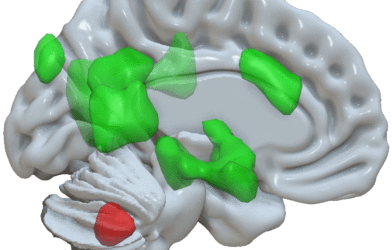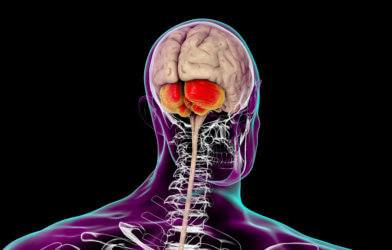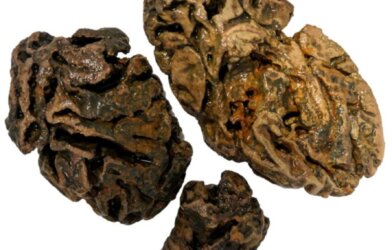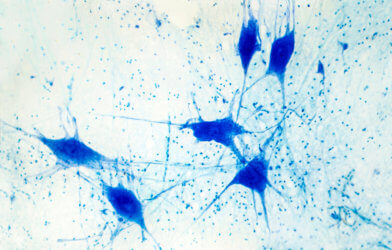Do you love the smell of fresh coffee? Maybe garlic and onions simmering in a pan? Or are those too strong? A study by researchers of the University of Tokyo shows that how quickly your brain processes these smells depends on if you like the scent or not.
Concerns with odor perception are growing increasingly important in scientific research. This is largely due to it being a possible early symptom of neurodegenerative disease onset. With this in mind, the goal of this study is to better understand how these diseases present themselves, as well as possible treatment.
Researchers behind the study created an odor delivery device that features machine learning-based analysis of electrical activity on the scalp. The device can efficiently and accurately deliver 10 odors. The researchers conducted this by having the participants rate the pleasantness of the odors presented to them as the signals from their scalp were measured using a non-invasive scalp-recorded electroencephalogram (EEG) head cap. The team then processed the EEG data using the machine learning -based analysis.
“We were surprised that we could detect signals from presented odors from very early EEG responses, as quickly as 100 milliseconds after odor onset, suggesting that representation of odor information in the brain occurs rapidly,” said doctoral student Mugihiko Kato, from the Graduate School of Agricultural and Life Sciences at the University of Tokyo, in a statement. Essentially, the brain perceived the administered odors significantly sooner than the participants themselves.

Further, the results showed that during early stages of odor processing, odor information was irrelevant to perception of it. Though in later stages when perception happened, unpleasant odors were processed faster than pleasant ones. When participants were faced with rotten and rancid smells, the brain could distinguish those from neutral or pleasurable smells as soon as 300 milliseconds after onset. It wasn’t until 500 milliseconds and onward after onset that the brain processed pleasurable smells.
Similar resolution techniques to the device used in this study could soon become critical parts of scientists and researchers understanding the neurodegenerative mechanisms involved in conditions like Alzheimer’s and Parkinson’s diseases. Also, smell is tightly linked to the other senses, so a dysfunction in smell may not be the only warning sign to look out for. This study has prompted the research team to expand their efforts to other paths. “In our daily life, odors are perceived along with other sensory information like vision, and each sense influences the perception of the other,” adds Kato.
These are next steps that could prove to be groundbreaking for the neurology field.
The study is published in the Proceedings of the National Academy of Sciences (PNAS).












